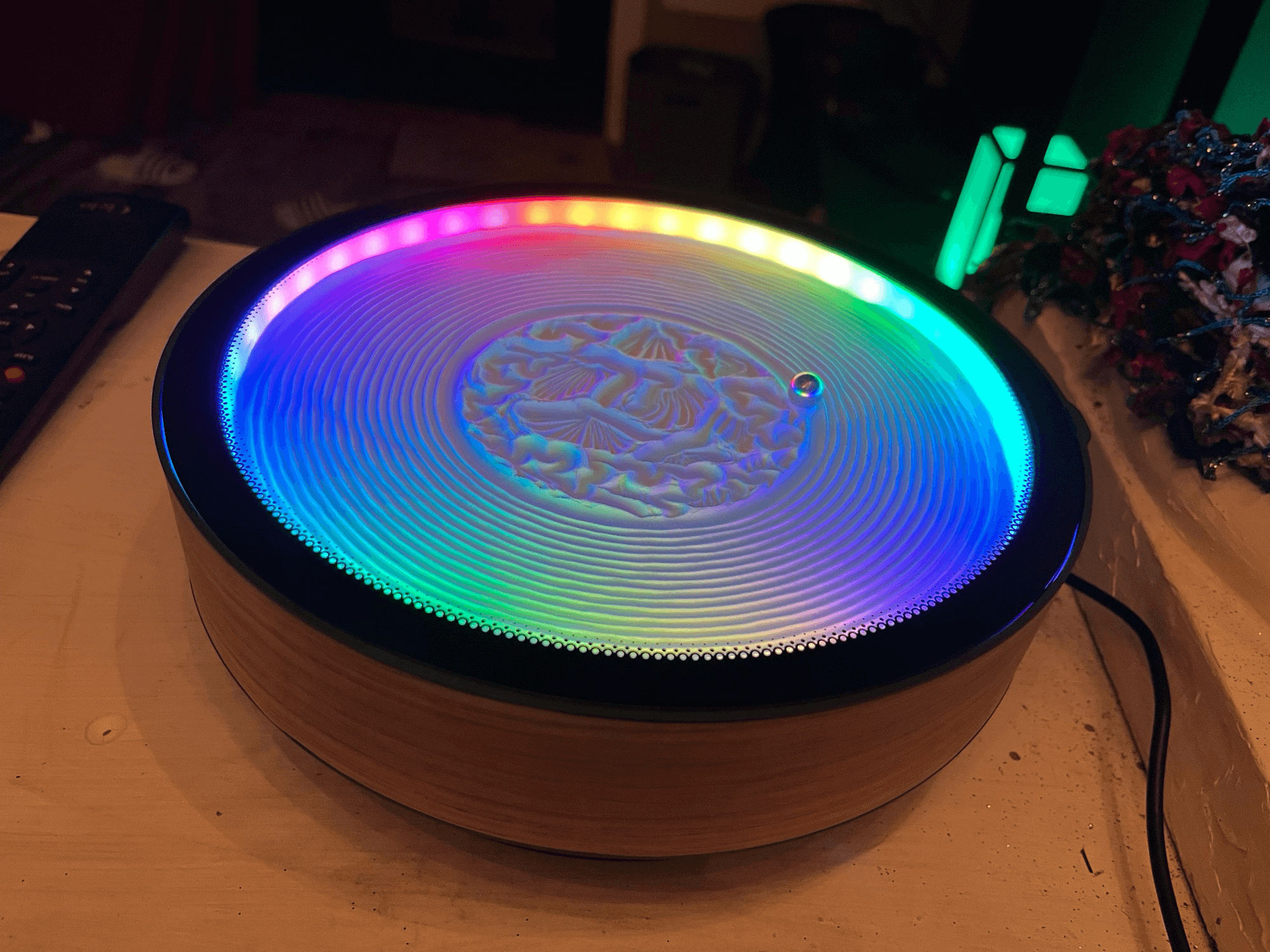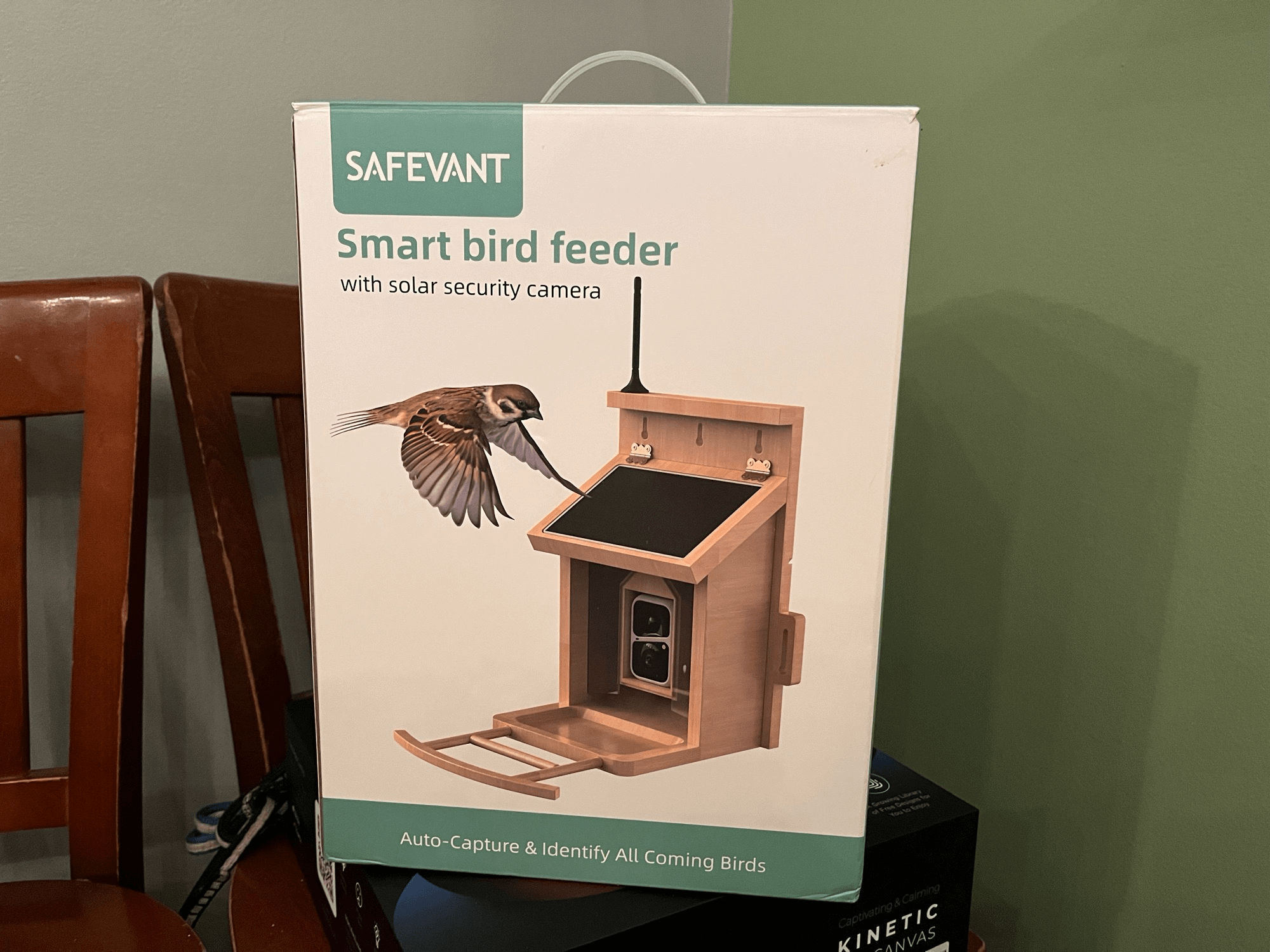My (not so subtle) attempt to someday be a guest on “the tech podcast that always has jet lag.”
Dan Moren: Do you Find My in its various incarnations for people, items, etc., and do you find it a creepy technology, useful, or both?
While I’m not a big user of Find My, when I do use it, I’m a big fan. The only person I share my location with full-time is my wife, and I only sporadically check up on her to see if she’s on her way home from work so I can start dinner (it’s funny how often that specific use case is cited when it comes to location sharing). I kind of doubt my wife ever checks my location.
If I’m visiting with friends, I’ll temporarily share my location with them for convenience of meeting up, but I don’t like the feeling that someone is looking over my shoulder and that’s kind of what Find My feels like to me. So I’m unlikely to leave that on, even though I don’t think my friends would abuse it in any way.
My wife and I do have a handful of AirTags spread out between our keychains, bags, Apple TV remote, bikes, and (yes) our dog. Tracking those items down is more common for us.
People can try to use Find My in creepy ways, but I think Apple has done a great job adding checks and balances so that creeps can be easily thwarted. (Tim Sweeney’s opinion that it’s creepy to be able to track down your own stolen items with Find My is…well, it’s something.)
Jean MacDonald: Is there any tech (device or software) that you use that you haven’t upgraded because what you have is good enough?
My iPhone 13 mini has been my daily driver for three years now, which is 1-2 years longer than my iPhone usually lasts. I used to be on the iPhone Upgrade Program which let me swap out for the latest and greatest each fall, but when I tried the 13 mini, I was smitten. I keep hoping they’ll revive that smaller form factor, but I’ve just about given up on that. With Apple Intelligence limited to the latest Pro phones, and presumably the entire lineup this fall, I sense a hefty Apple Store purchase coming my way. But I’ll dearly miss having a phone that actually fits my hand and doesn’t feel like a substantial weight in my pocket.
Runner up: My purchased-secondhand 2020 iPad Pro (which might get a third life if I hand it on to my wife).
Jason Snell: Will the advent of Apple Intelligence really make you use Siri more often?
I’m definitely going to give it a fair shake! I’m cautiously optimistic that Siri will turn the corner from butt-of-the-joke to widely-useful, but I don’t think it’s a sure thing. Apple is being given a very generous second chance to make a first impression, and I hope they don’t screw it up. Mostly because Siri, even as is, can be very useful but many people never think to try their questions and requests because they’ve been burned so many times before.
The opportunity with Apple Intelligence’s personal context is huge, but what actually gets me to use Siri more in iOS 18 honestly might be the ability to easily type out my Siri requests rather than speak them.
James Thomson: Have you learned any tech-related travel lessons lately that you want to share with the class?
I haven’t done a lot of travel lately, but my two biggish trips this year (a Las Vegas climbing trip and a speed-run drive through Canada to Michigan for my mom’s birthday) did teach me a few things:
- If you want to show off your fancy Vision Pro to a friend but be able to walk them through the interface by seeing what they see via AirPlay Mirroring on your iPad, you have to first make your iPad an AirPlay Reciever (Settings → General → AirPlay & Continuity → Turn on AirPlay Receiver). Otherwise, you’ll just look like a silly Apple fan with two fancy computers that supposed to work together but don’t.
- A full backlog of great podcasts will make a 12-hour drive fly by.
- One of those 3-in-1 charger things really cuts down on the number of cables and charging bricks you need to pack. My entire charger setup now is this 3-in-1 USB-C/USB-A battery bank/wall brick, a 3-in-1 tip-switcher cable, a 3-in-1 three-headed cable, and a 3-in-1 folding charging pad. I’m all about the multi-use items.
- An Apple Card is handy to have around when traveling internationally. No international transaction fees, baby! You just have to actually remember to pack the physical card (I never use it otherwise) and switch to it in Apple Wallet for digital purchases.
Bonus Topic: What city abroad have you spent the most time in?
I’ve done very little traveling abroad, so the one pool I can pull from in my honeymoon nearly six years ago. We first traveled western Ireland, but didn’t stay anywhere for more than a couple of days, so Hallstatt, Austria might take the prize since we spent the last four days of our trip there (it was lovely). Although, maybe Dorchester, Canada wins because I did a couple of International Scouting Jamborees there as a kid.
Overtime Topic: Do you yearn for AI companionship?
As I mentioned in yesterday’s blog post, no, I do not yearn for an AI “friend”. These Large Language Model chatbots are useful and fun in their own way, but I see them as a tool and not a friend or companion in any way. And other AI features are likewise handy, so I’m not against AI as a whole. But I think, except in specific use cases, filling the void of human companionship with an AI chatbot-enabled gadget is the wrong avenue, and the wrong use of time, money, and effort to develop it.
Until next time, watch what you say, and keep watching the clock.
This is post #5/31 for Blaugust 2024.
Crashing Clockwise
Blaugust

